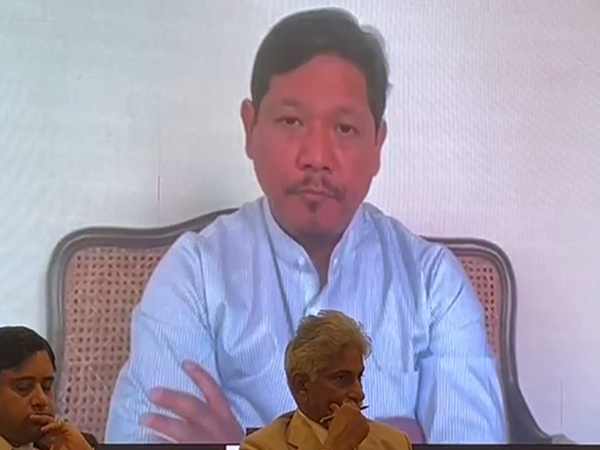Pakistan's online spaces for dissent, freedom of expression shrinks, while hate speech, censorship increase: Report
Oct 28, 2020

Islamabad [Pakistan], October 28 : Online space for dissent and freedom of expression has shrunk in Pakistan, while hate speech and digital surveillance has increased, informed a press statement from the Freedom Network group on Wednesday.
In the statement, the group have noted a "regression" in Pakistan's cyber policies and said that online censorship and surveillance, breach of privacy, hate speech, misinformation and disinformation have increased in the country during 2020, reported Dawn.
The country faced 'several setbacks' in this year in terms of digital rights, freedom of expression as well as the right to online information, informed the group's annual report 'Closing Spaces: Coercive Cyber Regulations Impede Online Journalism and Free Speech', and the country has scored a meagre 38 out of 100 in global internet freedom rankings.
The group alleged that efforts had been made to muzzle mediapersons, members of opposition political parties, civil society members and civilians. It also blamed the "aggressive federal government" for taking steps to "extend and expand its authority to overregulate the media sector and to redefine the boundaries of free speech".
"The cybercrime law was repeatedly invoked against journalists and opinion makers for exercising freedom of expression and social media activism," Dawn quoted the press release.
"Internet freedom declined during 2020 due to authorities' increased blocking of political, social, and cultural websites and undeclared policy of connectivity restrictions and increased disinformation. Several journalists and rights activists faced inquiries, abductions, investigations, arrests and criminal related to their online/social media activities and posts," said the press statement of Freedom Network.
Additionally, several women journalists reported feeling vulnerable and unsafe due to online bullying and threats by various sections including supporters and members of the ruling Pakistan Tehreek-e-Insaf (PTI).
"It is troubling to note that the accumulative effect of the slide in enforcement of digital rights are contributing to a general closing of online spaces in Pakistan," said Iqbal Khattak, Executive Director of Freedom Network.
Pakistan has been known for strangling press freedom by imposing censorship or arresting journalists over bizarre reasons. The abduction of Mattiullah Jan on July 21, a reporter and a critic of Prime Minister Imran Khan's party, had brought forth Khan's attempts to control the country's media again.
Pakistan has for several years continued a poor track record on press freedom. The 2020 world press freedom index compiled by Reporters Without Borders has reported that Pakistan slipped six spots since 2017 to 145th place out of 180 countries.
The New York Times reported that in the last five years, as many as 11 journalists have been killed in Pakistan, seven of them since Khan was sworn in as the country's Prime Minister.


















